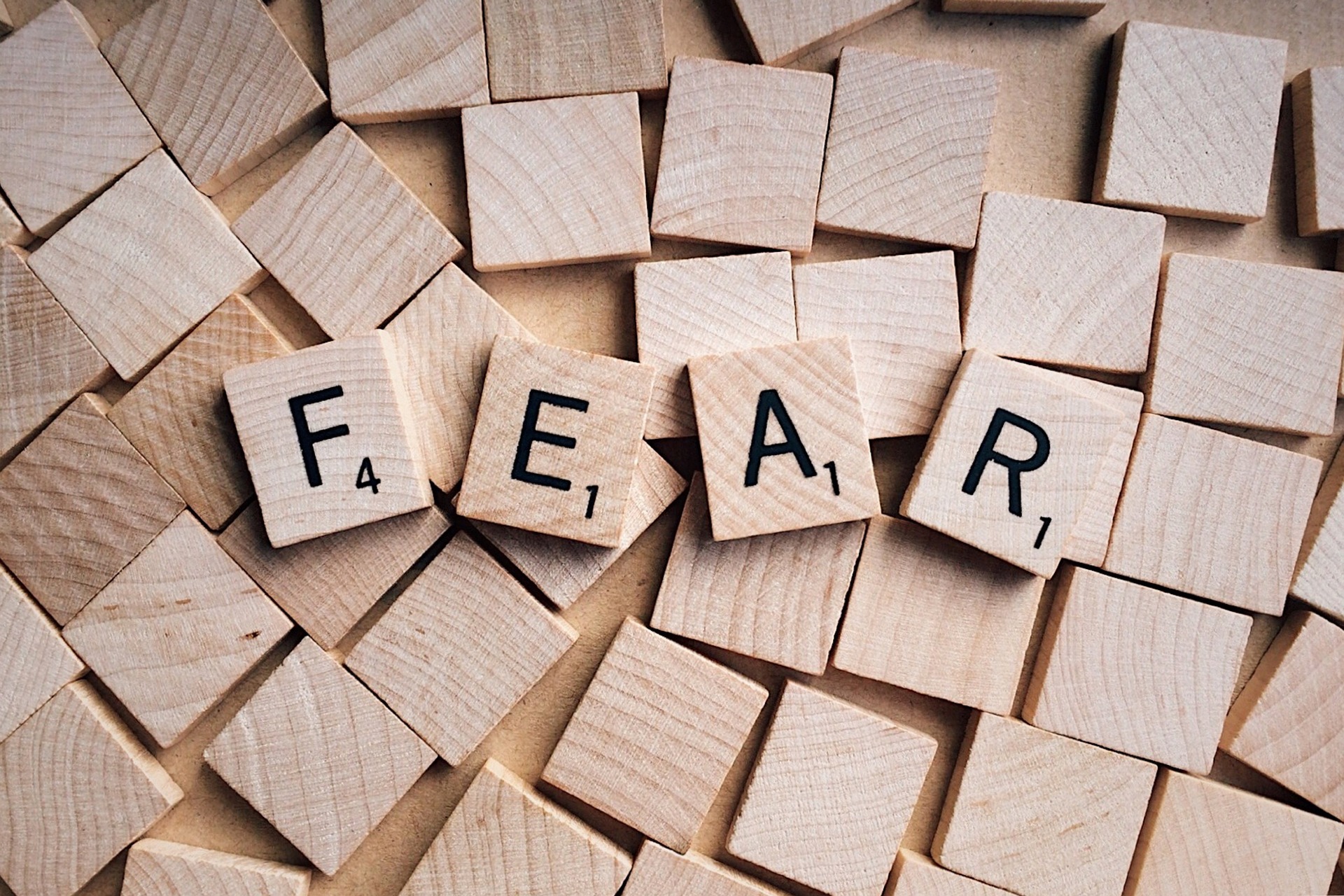If you’ve been a reader of this blog for some time, or if you know me, you would have picked up that I am a Toastmaster and a fan of public speaking.
Working in communications, specifically radio, gave me practice using my voice, but joining the professional organisation known as Toastmasters International helped me to refine my presentation skills, even more.
I recently had the opportunity to share some of my personal insights on public speaking on the Creatives on Fire podcast with Nadine Tomlinson – you can listen here.
We had a fun conversation about public speaking, and I sought to address how persons can better embrace instead of fear these opportunities whenever they arise.
Listening back to the conversation I realized that there are a few takeaways that have helped me immensely over the years.
Where it all Began
I can distinctly remember the first time I realized that just because I am articulate on the radio it didn’t automatically make me a good public speaker.
It was during a public speaking workshop no less, where participants were being taken through the paces of sharing stories at the lectern. We were all tasked with preparing a brief speech about something of interest to us (if memory serves). I prepared something on paper and was mostly clear on how I was going to present it, however before we presented, our trainers provided insight on public speaking best practice.
I had my draft speech all wrong and wanted to make changes to ‘improve it’.
Well, I made my changes as best I could, however I had little to no time to really familiarize myself with the narrative.
I went up to the lectern and I was completely stumped!
What made this even worse was the fact that those who went before me were just about flawless in their presentations and even received commendations but I sunk like a deflated balloon.
Nightmare!
I experienced the deadliest cocktail of dread any person who fears public speaking could ever undergo:
- Standing at a microphone facing a large group of people
- I wasn’t sure of my material
- Followed speakers who were really good
- Embarrassed and blubbering
That feeling of standing before an expectant audience, knowing that you are doomed but looking back at the blank faces because you know that they do not want to be in your position and they cannot offer any help.
It was a public speaking disaster. I took it in stride and promised to learn from that experience.
When I was invited to join Toastmasters I was mentally prepared for the journey because I had experienced the worst public speaking fail and lived through it. No way was I going to shrink from an opportunity to do better and be great.
On the journey as a Toastmaster I’ve learned three important things that I touched on in the podcast that I can speak about more here.

Fear public speaking? You are not Alone
If you’re like me, there was a time when the thought of getting up and addressing an audience of more than one person scared you to death. There’s a name for that -Glossophobia or fear of public speaking and it is more common than most of us believe. Appreciating that other people share this fear, I think, is the first step in getting over it. In fact, it may be an opportunity to laugh at yourself and truly come to terms with the experience.
Think about public speaking from the micro level – every time you utter a word to someone else, it is a form of public speaking. You measure your progression by the growing size of audiences you are comfortably able to address over time. The only way you will be able to do this, is to get practice. Start small, start with family, at family gatherings, at church, in class, in your office but don’t take for granted the valuable experience you gain by simply doing it more often. Not only will you get used to public speaking over time, but there’s a high chance that you will learn and also grow.
Power of the Pause
I spoke a bit about this during the podcast, how pauses, strategically placed during a speech can elevate your oratorical skills. The next time you happen to hear a well known speaker address an audience, note how many times they make short pauses within the speech.
Not only does it help them to catch a breath, the pause also engages the audience by allowing them time to think about some of what the speaker is saying. It is not a bad thing, it isn’t awkward when done correctly and as a speaker it also gives you a bit of time to gather your thoughts.
Be Prepared
Finally, one of the most important aspects of public speaking we all seem to forget at some point is the ‘why’ of it all. Why are you standing before your audience and speaking? Of course the nightmare scenario of a request for impromptu speaking is always possible but even then, there is an expectation that you know something.
In every other instance, the speaker must prepare. Read, memorise, write down, study, whatever you must do to ensure that you are familiar with your subject matter. Preparation helps you to be familiar with the topic, or even the written copy of your speech, but it’s plain common sense.
Unfortunately, many people get intimidated because they want to be a great impromptu speaker without any experience at all. It really doesn’t work like that and only through doing, practicing, failing and learning will we ever get better at it. I really hope these insights can be useful if you are struggling with public speaking. Let me know in the comments how you cope with public speaking jitters.
Be inspired, Be informed, Be Glorious!
Subscribe to the blog here and share your content suggestions here.

